The Top 5 Education Trends In 2023
27 February 2023
The world is changing, which means that the way we study and learn in order to thrive in the world has to change, too. For a long time, education has involved us spending a good chunk of our early years sitting in a classroom absorbing information before heading out to put it to use. But the pace of change today means that what we learned one day might be redundant the next.
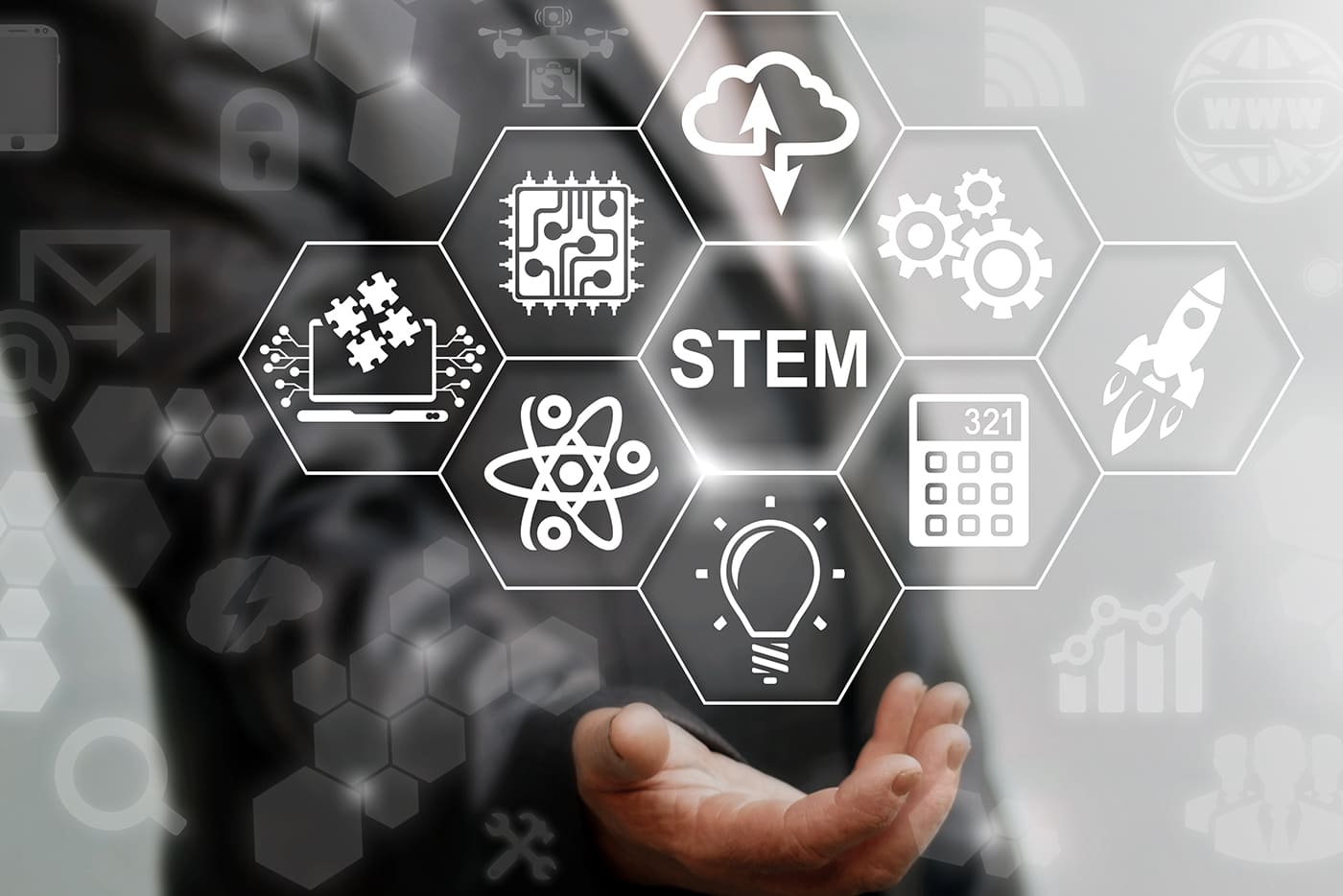
This means that the way we learn has to change – embracing technology and concepts such as life-long learning to ensure that we are better equipped for the fast-changing world of today. So, here’s my rundown of the most important trends that will drive this change over the next 12 months and beyond.
Artificial Intelligence
Artificial Intelligence (AI), described as the most transformative technology of the 21st century, is reshaping every industry and field of human activity, including education. In the classroom, it is found in the form of virtual assistants that can help both students and teachers to manage their time and complete their assignments; tutoring systems that can provide personalized learning experiences for students of all ages and abilities; powering remote and online learning systems where it can adapt the pace of teaching to match students’ needs; language translation in educational settings where pupils speak a wide variety of languages, and many other applications. It’s even been reported that some schools in China have implemented facial recognition technology using computer vision systems to monitor whether or not students are paying attention in class!
According to UNESCO, AI has the potential to help tackle some of the toughest challenges in education today, including addressing inequalities in the way schooling is provided around the world and improving access to knowledge globally. However, it also creates challenges of its own – with effort required to ensure that the rollout of this highly disruptive technology is done in a way that is fair and doesn't itself contribute to those inequalities.
Remote, Online, and Hybrid Learning
The global Covid-19 pandemic forced schools, universities, and course providers to develop the capabilities to deliver education at a distance. But even before this, a revolution was taking place in the domain of online learning, with massive online open courses (MOOCs) exploding in popularity. In schools, remote and online learning means that educators can reach students no matter how isolated their communities are. This could mark a huge step forward in providing equality of access to education in a world where nearly 270 million children do not go to school due to living in remote or rural locations.
Even for those living in cities, the rise of online and remote learning facilities provides an opportunity for us to continue with education even when our busy adult lives mean it would be difficult for us to regularly attend classes in person. This is driven by the emergence of online education technology (ed-tech) platforms such as Udacity, Coursera, Udemy, and EdX. These platforms are designed to enable the "lifelong learning" approach, which is likely to become prevalent thanks to the accelerating pace of technological advancement, which will require skills to be frequently updated and “topped up” through new models such as micro-learning or nano-learning. One trend that has recently emerged within the field of online learning is courses taught by celebrities and renowned practitioners. The Masterclass and Maestro platforms (the latter created by the BBC) offer opportunities such as learning children’s writing from Julia Donaldson, filmmaking from Martin Scorsese, or business from Bob Iger.
Not Just College
In 2023, high schools will increase resources dedicated to preparing students for future paths that lead to places other than traditional college courses. Vocational and technical courses teaching a diverse range of skill sets are likely to become more popular as schools work with employers to develop new solutions to problems caused by the skills gap. In the US, the Bureau of Labor Statistics suggests that 43 percent of high school graduates go on to study at college. Nevertheless, a disproportionate amount of school resources are focused on preparing this minority group, while less teaching focuses on students who plan to continue their education in less traditional ways, such as apprenticeships or on-the-job training. As the demands of the new labor market shift away from seeking purely college-educated graduates and towards developing a workforce with the necessary skills, we can expect to see this change in the future. In Europe, 2023 has been designated the European Year of Skills. This recognizes that a focus on vocational education and training alongside traditional academic, subject-based training may be the key to developing new drivers of economic growth in the face of global slowdown or recession.
Virtual and Augmented Reality
Virtual reality (VR) and augmented reality (AR) are two forms of extended reality (XR) that are becoming increasingly important within education systems. VR allows users to step into a virtual world, and there are a vast and growing number of "experiences" that let us do everything from step back in time and experiencing history through our own eyes to training for difficult and dangerous tasks such as conducting repairs in hazardous environments. Other use cases which will grow in popularity during 2023 include virtual classrooms, which allow remote learning and class activities to be delivered in a more immersive and experiential setting. In healthcare training, VR is already being used for everything from enabling nursing students to experience delivering emergency care to training doctors to perform surgery.
Augmented reality still requires a device (e.g., a phone, tabled, or a headset) but is different from VR, as it involves superimposing computer-generated images onto what the user is actually seeing. The advantage here is that it can provide real-time information – for example, warning a trainee in a manufacturing environment that a piece of machinery may be dangerous. This is possible thanks to computer vision algorithms that analyze the images captured by cameras in the headset. In schools, AR textbooks are becoming available that contain images, and models that "come alive" when looked at through a smartphone camera, enabling students to get a closer, more in-depth look at anything from ancient Roman architecture to the inner workings of the human body. Museums and sites of historical or scientific interest are also increasingly adding AR to their environment and exhibits to create more immersive education opportunities.
Soft Skills and STEM
Soft skills include communication skills, teamworking, creative thinking, interpersonal problem-solving, relationship management, and conflict resolution. In other words, they are human skills that are unlikely to be replicated by machines anytime soon. They will become increasingly important in a world where AI takes on many of our routine and mundane technical responsibilities. This means that these skills will increasingly be taught as part of technical education as they become more highly valued by employers and industry. According to HR experts, soft skills are increasingly important to company success but far harder to measure and assess than "hard skills" such as mathematics, engineering, and computer programming.
In 2023 we will see STEM education placing a growing emphasis on these vital skills, as well as increased efforts when it comes to measuring and assessing organizational capabilities in this area.
Related Articles
Is Autonomous Driving Ever Going To Happen?
By now, “smart” versions exist of just about every home appliance, gadget and gizmos we can think of. However, manufacturers continue[...]
AI And The End Of Progress? Why Innovation May Be More Fragile Than We Think
By now, “smart” versions exist of just about every home appliance, gadget and gizmos we can think of. However, manufacturers continue[...]
Dreamforce 2025: Why I’m Excited About Salesforce’s Agentic Enterprise Revolution
By now, “smart” versions exist of just about every home appliance, gadget and gizmos we can think of. However, manufacturers continue[...]
The Top 5 Technology Trends For 2026
By now, “smart” versions exist of just about every home appliance, gadget and gizmos we can think of. However, manufacturers continue[...]
The 7 Biggest Cyber Security Trends Of 2026 That Everyone Must Be Ready For
By now, “smart” versions exist of just about every home appliance, gadget and gizmos we can think of. However, manufacturers continue[...]
The 4 Myths Holding Back The AI Revolution, According To Nokia Bell Labs
By now, “smart” versions exist of just about every home appliance, gadget and gizmos we can think of. However, manufacturers continue[...]
Sign up to Stay in Touch!
Bernard Marr is a world-renowned futurist, influencer and thought leader in the fields of business and technology, with a passion for using technology for the good of humanity.
He is a best-selling author of over 20 books, writes a regular column for Forbes and advises and coaches many of the world’s best-known organisations.
He has a combined following of 4 million people across his social media channels and newsletters and was ranked by LinkedIn as one of the top 5 business influencers in the world.
Bernard’s latest book is ‘Generative AI in Practice’.




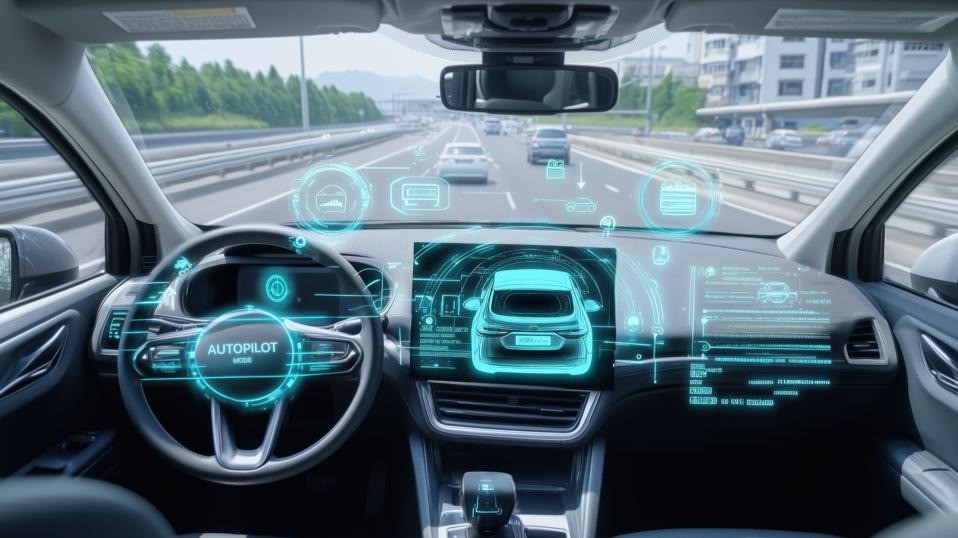
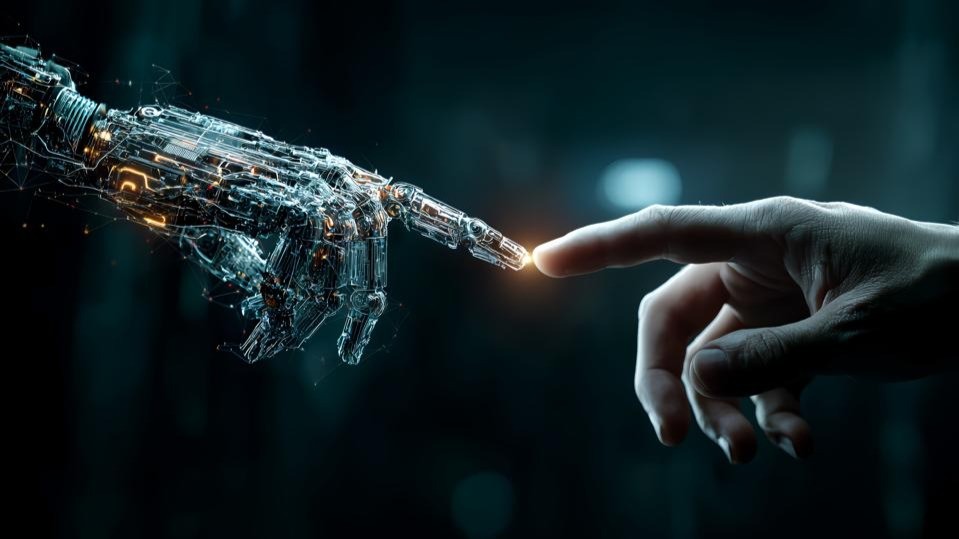
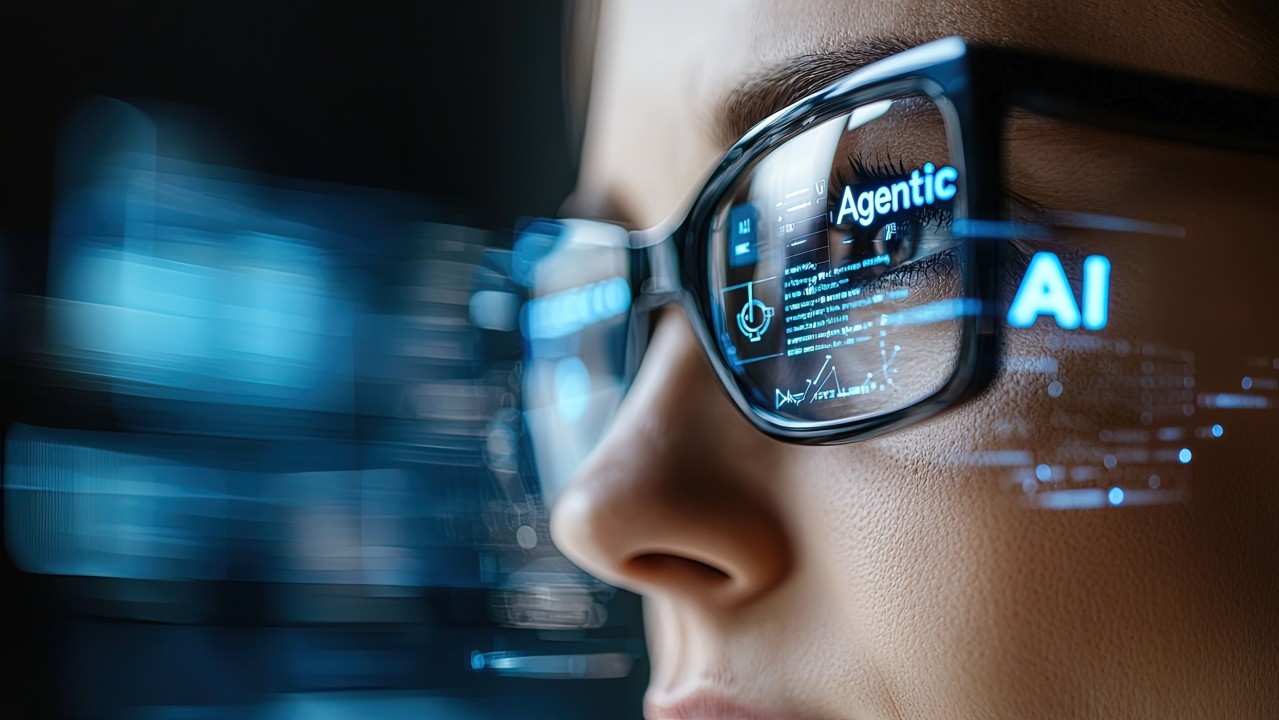

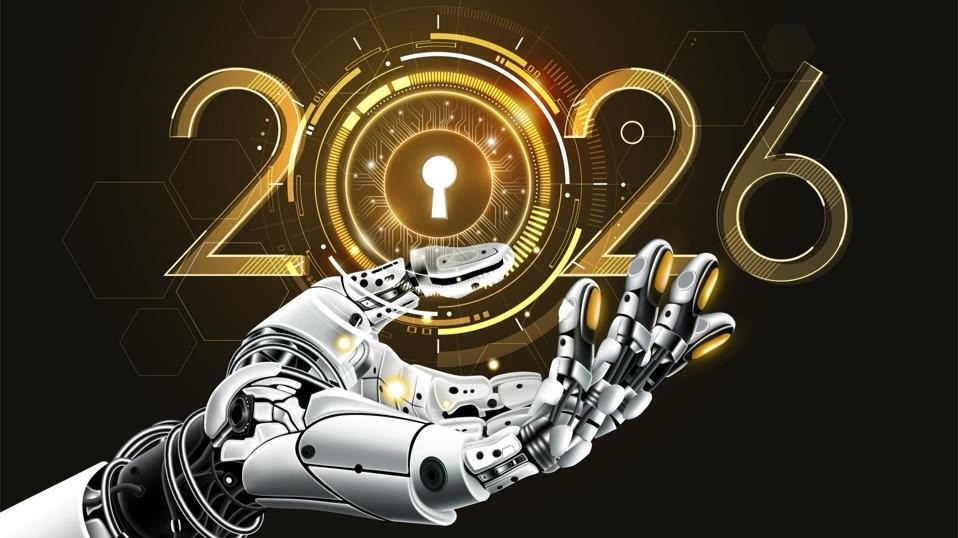
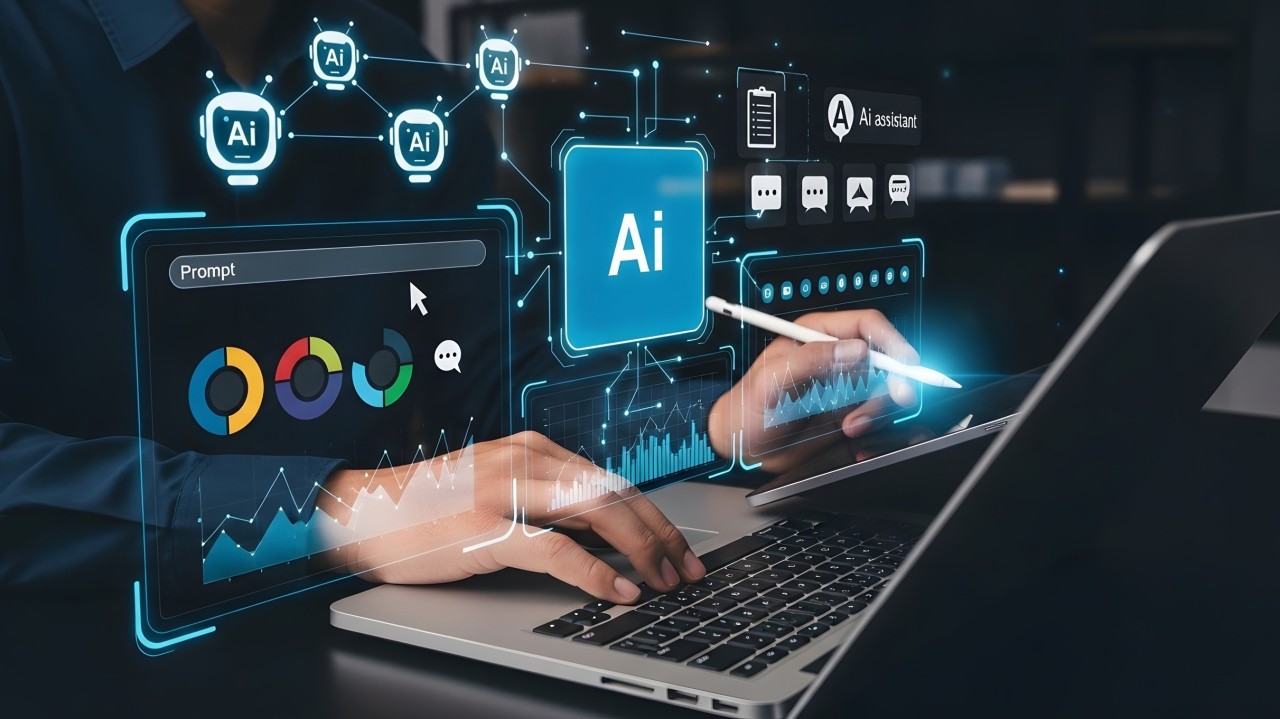
Social Media